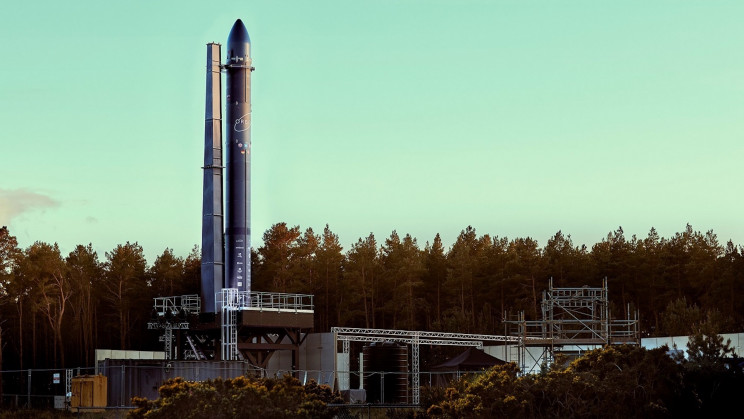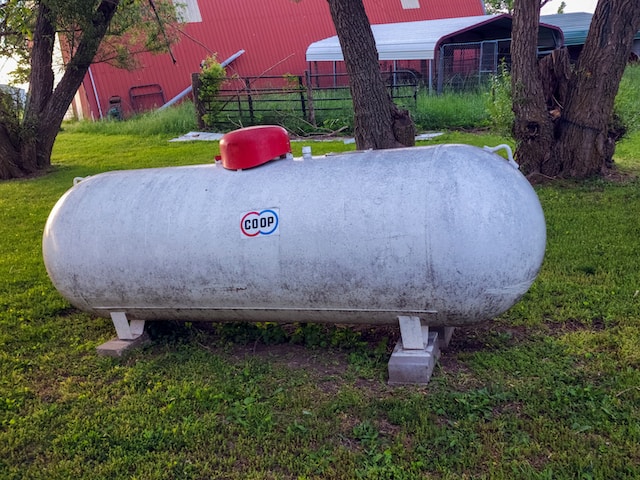Concrete is popular as a modern construction material. Its excellent properties like its strength, durability, reflectivity, and versatility have made concrete a reliable and long-lasting choice for construction companies.
Concrete is the second most utilized material in the world, its production currently accounts for approximately 8% of worldwide CO2 emissions.
Now MIT researchers have developed carbon-neutral construction concrete by introducing an inexpensive, readily available ingredient into its production. This modification helps significantly reduce its carbon footprint, without impacting concrete’s bulk mechanical properties.
Science behind:
Researchers introduced a very inexpensive ingredient, sodium bicarbonate (baking soda) to the concrete manufacturing process. Researchers found that the “new” concrete developed through this modification sets more quickly while reducing the sizeable carbon footprint. As a result, the time required to complete the construction work will reduce.
Admir Masic, the corresponding author of the study, said, “Our new discovery could further be combined with other recent innovations in the development of lower carbon footprint concrete admixtures to provide much greener, and even carbon-negative construction materials for the built environment, turning concrete from being a problem to a part of the solution.”







